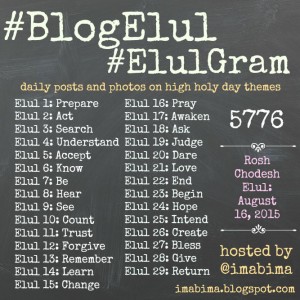 While thinking about what we know, I realise that we really don’t have any objective measure for that. I’m not about to set myself up as a philosopher here, although I did have a lot of fun with philosophy in university. What I really mean is something simpler – we don’t know what we don’t know, and sometimes the things that we think we know turn out not to be so.
While thinking about what we know, I realise that we really don’t have any objective measure for that. I’m not about to set myself up as a philosopher here, although I did have a lot of fun with philosophy in university. What I really mean is something simpler – we don’t know what we don’t know, and sometimes the things that we think we know turn out not to be so.
Trying to separate fact and story is always fun when starting to coach someone. People come in with huge stories which they present as fact, as something that they know. My boss is rude to me. My children don’t respect me. My husband said something mean to me.
And yet, when we boil down these statements to what we actually know, we end up with a very bald statement of fact, and everything else is what we think about those facts. My boss (or husband, or child) said some words to me. What did I make those words mean? Did I have a hurtful thought about myself, and ascribe it to the other person? How do I know that that is what they meant to say? I don’t actually know. Maybe they meant something else?
We can never know what is going on inside another person’s head. Even if they tell us what they are thinking, it may or may not be true. It’s really important to realise this and to be appropriately humble in assigning motivations and intentions to other people.
The Mishnah (Pirkei Avot 1:6) tells us to judge every person favourably, because the rabbis realised this important truth. We can choose how to judge what another person has said or done. We can assume an evil or hurtful intent on their part, or not, and that is up to us.
So the next time we take offence at something that someone said, it might be a good idea to pause and reflect, before we assume a hurtful intent.
In these days leading up to the Days of Awe, it’s a good exercise in humility to follow the rabbis of the Mishnah in remembering that we just don’t know.
Shabbat Shalom to all!

I am not Jewish, but do appreciate you sharing the wisdom from your faith.
The “we don’t know what we don’t know” concept is huge, few people understand the significance of it.
That lack of understanding and the attachment of incorrect meanings to words, causes much misery in this world.
The lessons you are sharing in your series should be read- and followed – by people of any faith
Peter Wright recently posted…Paying Attention for a Good Memory
Thank you, Peter!